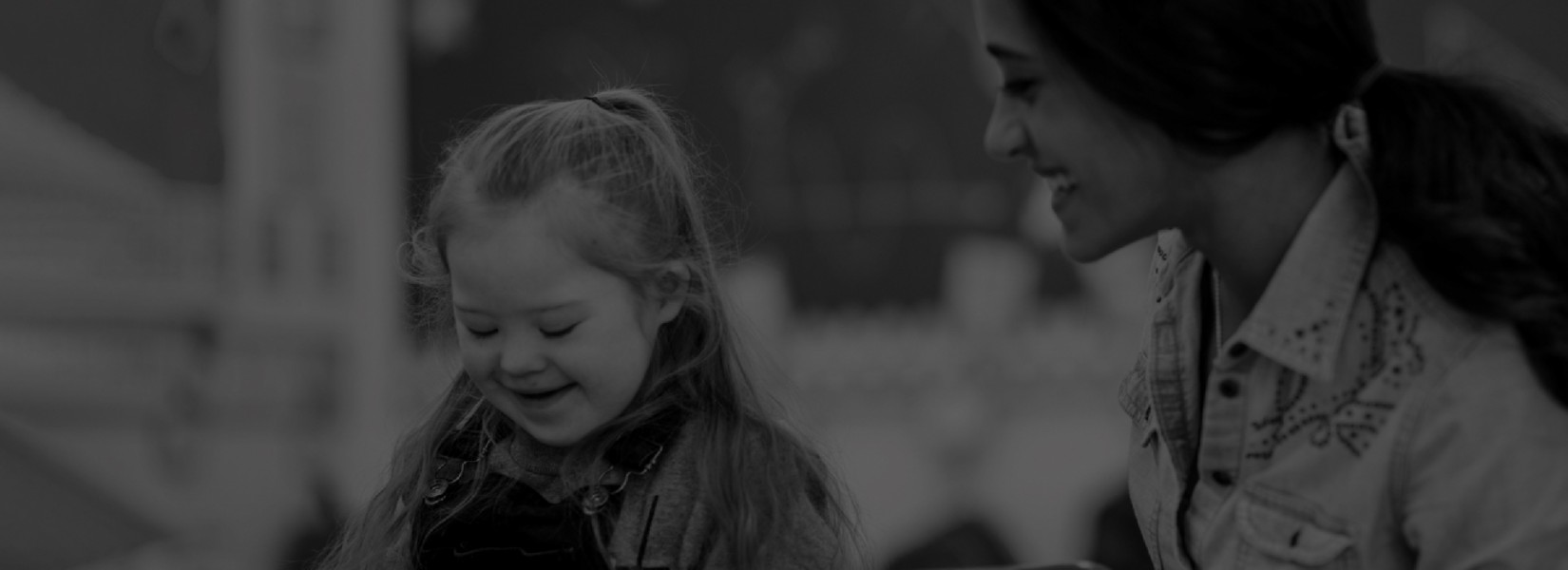Choose another country or region to
see content specific to your location

Offering training in de-escalation techniques, communicating effectively and understanding behaviour is essential for childcare settings
The National Institute for Health and Care Excellence (NICE) has published updated guidelines. The aim is to help organisations, practitioners and carers deliver high-quality care to looked-after children and young people so that they can reach their full potential and have the same opportunities as their peers.
The NICE guidelines highlight the importance of training, emphasising that training should be delivered before it is needed, not in response to an incident.
NICE also advised that supervising social workers should tailor training to the development needs of the carer and looked-after child or young person. Training should also be therapeutic and trauma-informed (covering attachment-informed, highly supportive, and responsive relational care). It should also include safeguarding procedures and how to communicate effectively and sensitively. There was no preference for in-person or virtual training.
To read the guidelines in full, click here
NICE: Looked-after children and young people - NICE guidelines
If you would like to discuss how we can help you please get in touch with one of our experts today